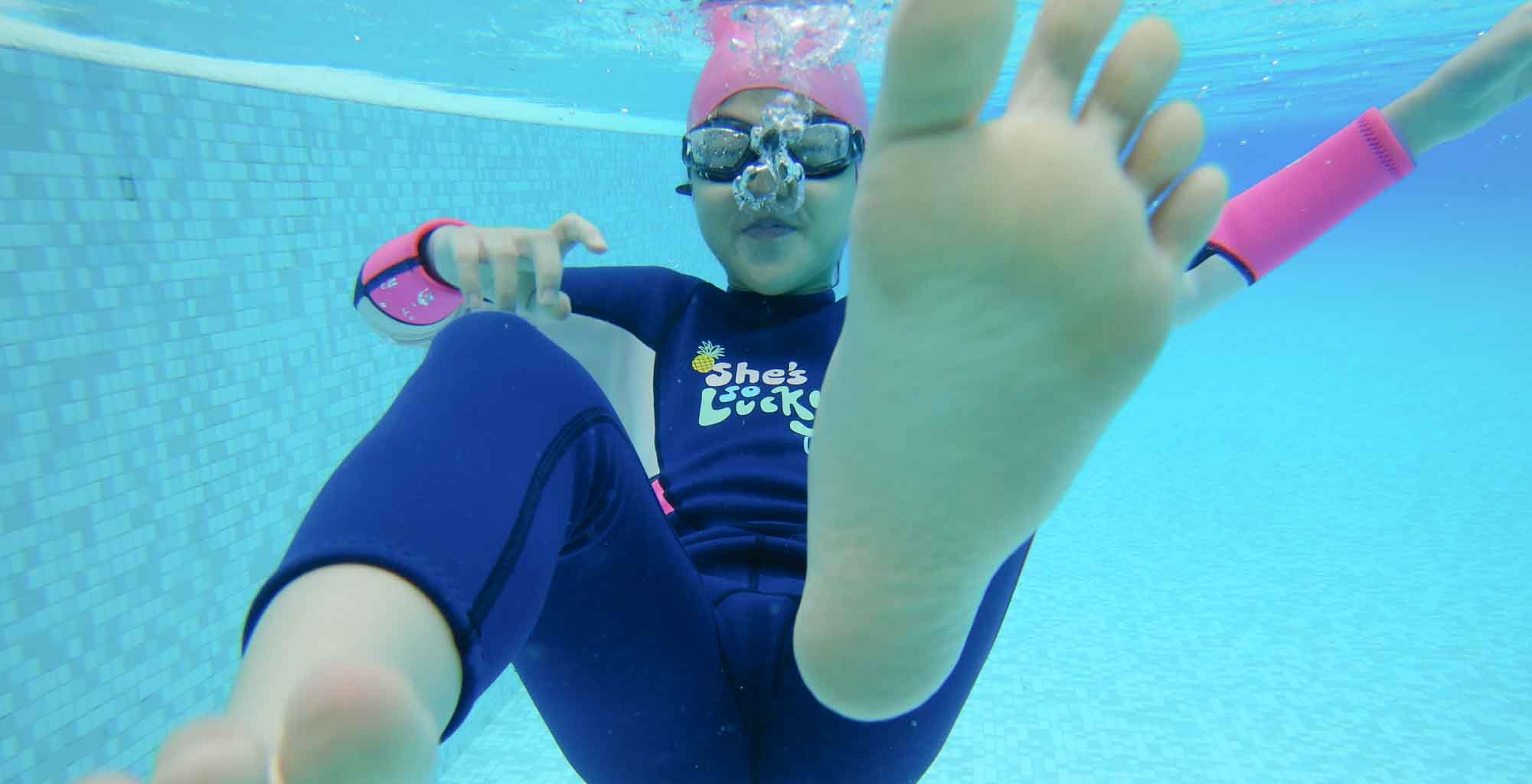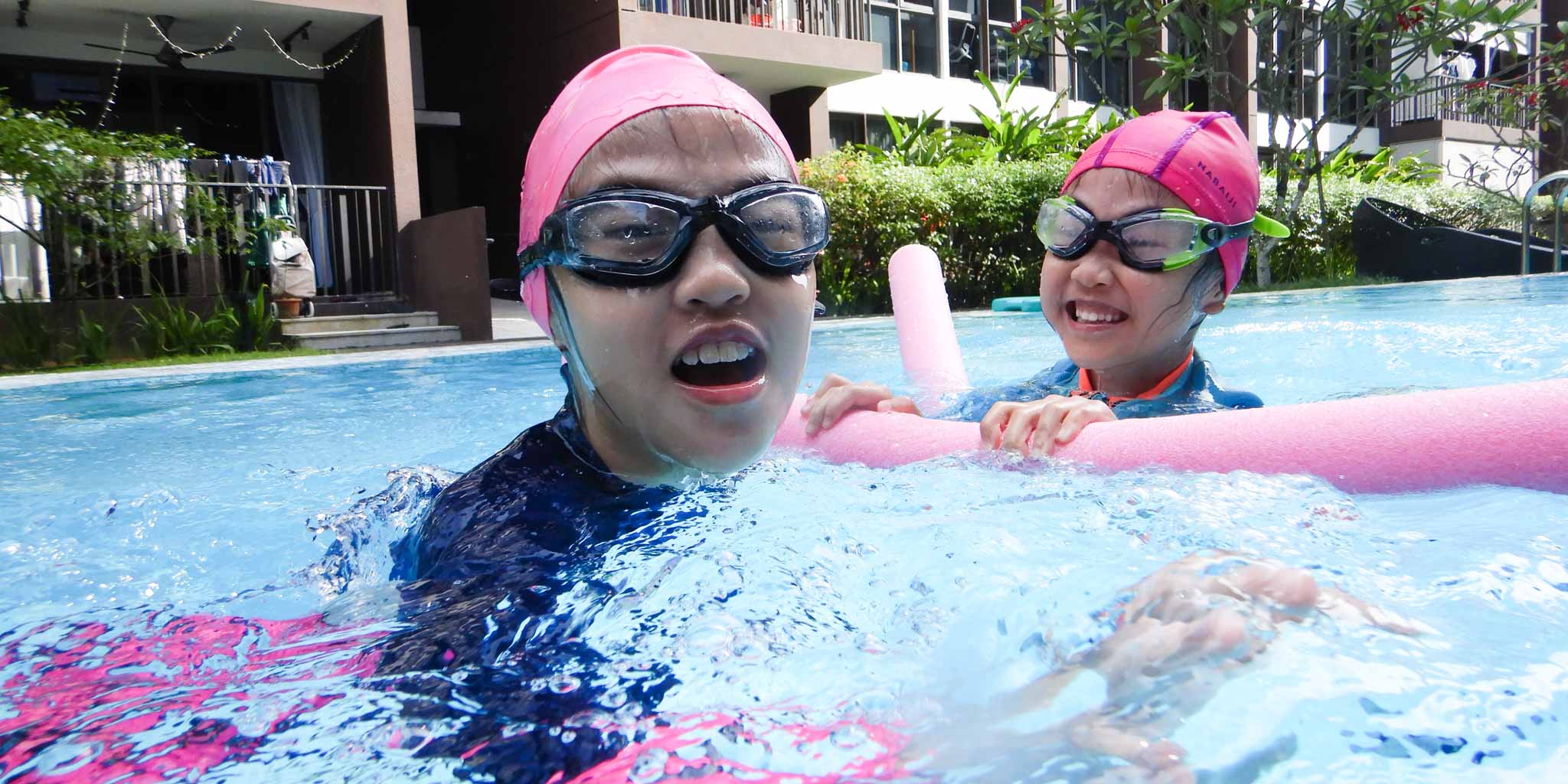Can swimming really cure asthma?
Although there are no professional claims that swimming can alleviate asthma, numerous studies have demonstrated that it can reduce the frequency and severity of asthma attacks.
Swimming is among the most effective methods for managing asthma symptoms and decreasing dependence on medication. Even though exercise can trigger asthma, notable athletes who suffered from the condition, including Paula Radcliffe, Mark Spitz, and Amy Van Dyken, have managed to overcome it.
Amy Van Dyken was an American swimmer who earned four gold medals at the 1996 Summer Olympics in Atlanta. She won gold medals in the 50m freestyle, 100m butterfly, 4x100m freestyle, and 4x100m medley events. Due to her asthma, Amy has a restricted lung capacity of 65%.
In what ways is swimming beneficial for asthma sufferers?
Allowing children with asthma to swim is beneficial because it can increase their lung capacity. The air near the water’s surface is typically warmer and more humid than ambient air, so it is less likely to exacerbate asthma symptoms. When an infant acquires effective respiration techniques, swimming can result in an enlargement of the pulmonary system. Swimming is an enjoyable and low-impact activity that benefits children’s general health.
Swimming can help children with asthma symptoms, according to a scientific study by Wiley-Blackwell published in Respirology. Among the symptomatic improvements noted in children with asthma who participated in a six-week swimming program were a reduction in the severity of their condition, mouth-breathing, wheezing, and chest deformity. Additionally, my self-confidence was enhanced!
According to Wang Jeng-Shing, the principal author at Taipei Medical University, the children’s health enhancements persisted for an additional year following the conclusion of the swimming program.
“In contrast to other activities, swimming does not appear to elicit asthma attacks… Swimming facilitates optimal physical and mental growth by enhancing general fitness, developing effective respiration techniques, and increasing lung capacity.
Some parents may express concerns regarding the chlorine content of the water. This is generally secure so long as the child does not immerse themselves in the pool for extended periods. Certain children might experience an exacerbation of their asthma symptoms when in the pool; therefore, guardians should exercise caution. It is recommended that children refrain from entering the pool until they have recovered from any issues caused by the intense chlorine odor.
Swimming as an asthma treatment
The Department of Pediatrics at the University of Maryland School of Medicine, Baltimore, discovered that asthmatic children who participated in a consistent swim training program for two months exhibited “significant improvement in all clinical variables” (symptoms, hospitalizations, emergency room visits, and school absenteeism) when compared to their age-matched controls or their previous medical history. Furthermore, these advantages remained more pronounced for an entire year following the program’s cessation.
Is swimming the most effective exercise for asthma?
Different forms of exercise that consume an equivalent quantity of oxygen will induce varying degrees of wheeziness or chest constriction. Outdoor running is generally inferior to swimming. Swimming is, in fact, among the most beneficial forms of exercise for individuals with asthma due to its propensity to induce the least amount of chest constriction. Cycling on an indoor exercise bike or running on a treadmill indoors will fall somewhere in between swimming and jogging outdoors.
Additional factors affect the degree to which your respiration deteriorates while engaging in a particular form of exercise. For instance, asthma symptoms will typically worsen when exposed to chilly, arid air. With moist, balmy conditions, asthma symptoms will be alleviated. This explains why outdoor running typically induces more severe asthma symptoms than swimming.
Myth: Swimming supposedly induces asthma
There have been numerous reports claiming that the chlorine used to sanitize swimming water can induce asthma. While this may hold for swimming pools that are not properly maintained, Singapore’s swimming pools must satisfy specific standards to function. According to the research, the pH level of potent chlorine gas in many countries may be unsuitable for healthy swimmers without asthma.
A research team has been assembled to assess the prevalence of asthma among students and the frequency of asthma exacerbations during and outside of swimming activities. Since its inception, swimming has not been associated with any asthma triggers.
Consult Professional Counsel
Parents must obtain parental consent from the child’s physician before scheduling swimming lessons, particularly in cases where asthma symptoms become more severe during and after physical activity. A physician might contemplate the prescription of medication to avert the manifestation of symptoms associated with exercise-induced asthma. Taking the physician’s counsel into consideration is of the utmost importance!



